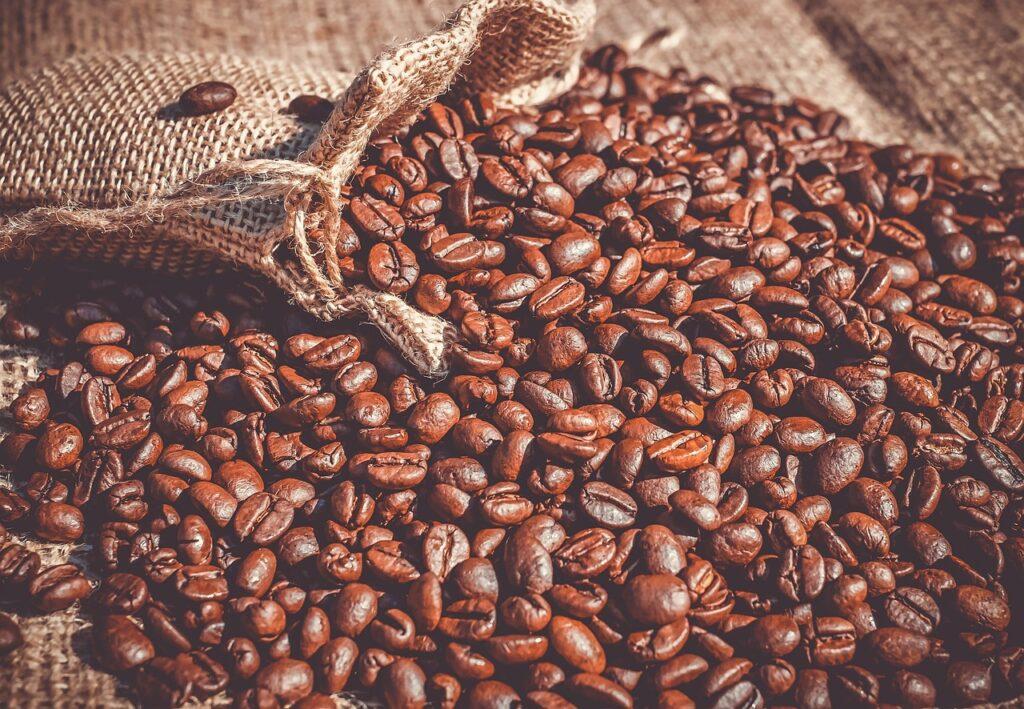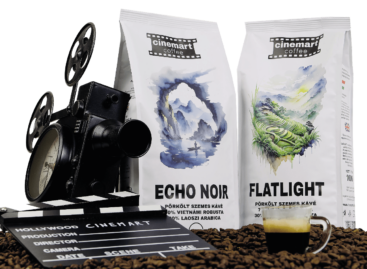Nestlé identifies “climate-resilient coffee plants” using data science methods and AI
Nestlé experts are exploring how advanced data science and AI can be leveraged to help select and breed more climate-resilient plants amid climate change threatening coffee cultivation.

While more than 120 species of coffee exist, around 70% of the world’s coffee production is arabica. However, arabica has a lower tolerance to rising temperatures and is more susceptible to disease than other coffee plants, such as Robusta.
Additionally, climate change is reducing the amount of arable land for coffee cultivation, while water shortages are significantly reducing yields.
Analyzing coffee traits
As a result, Nestlé scientists are exploring new, higher-yielding arabica varieties with greater resistance to disease and drought.
As part of this work, experts have developed a very high-quality arabica reference genome using advanced data science methods.
The reference genome, which is available in a publicly available digital database, makes it easier to analyze different traits of coffee varieties to identify specific traits such as better yield, coffee cherry size and greater resilience to disease or drought, as well as flavor or aroma characteristics.
“In simple terms, our new reference is like a high-quality map of a big city,” says Jeroen Dijkman, head of Nestlé’s Institute of Agricultural Sciences.
Advancing in plant research
The reference genome represents a significant advancement in the field of plant research. The innovative work was recently published in Nature Genetics, a high-impact scientific journal.
This work was co-directed with the French National Institute for Sustainable Development (IRD) and consists of collaborative efforts with several academic partners as part of a global consortium.
The work of Nestlé’s plant breeders is already bearing fruit.
The company is working with farmers in its key sourcing origins to grow elite coffee varieties developed by its plant sciences experts. More than six million plantlets were distributed in 2022 alone under the Nescafé Plan 2030.
Food Ingredients First
Related news
GLP 1: passing hype or a lasting trend?
🎧 Hallgasd a cikket: Lejátszás Szünet Folytatás Leállítás Nyelv: Auto…
Read more >A cup of creativity…
🎧 Hallgasd a cikket: Lejátszás Szünet Folytatás Leállítás Nyelv: Auto…
Read more >








